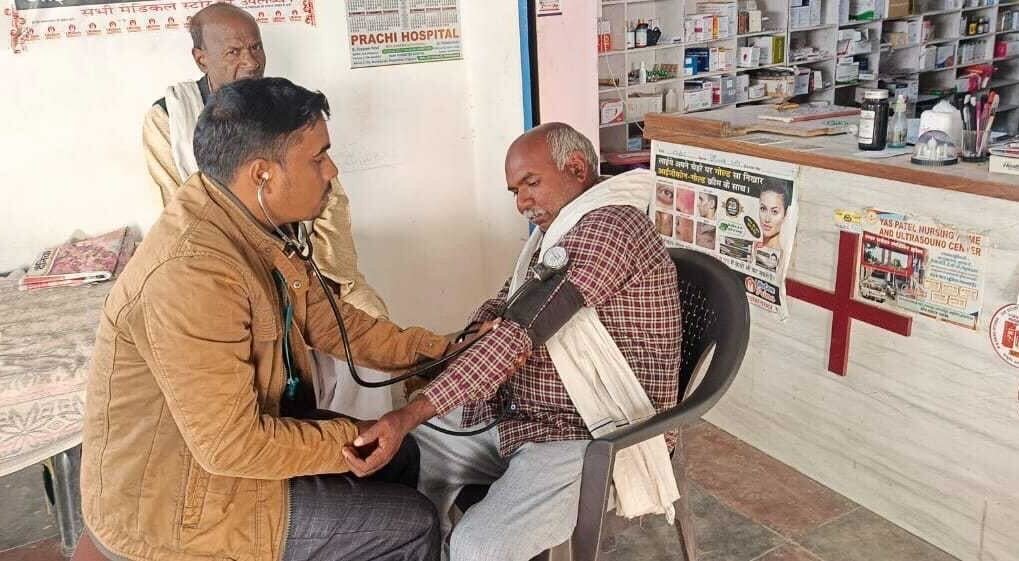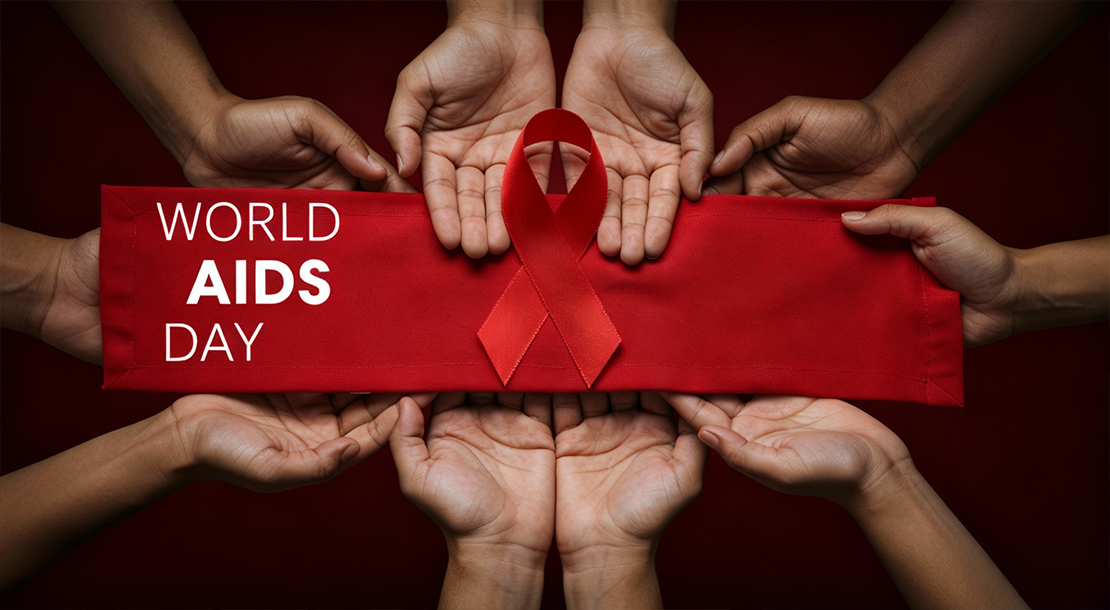
3rd December 2024: Online Chikitsa Mitra (OCM), a pioneering telemedicine-driven rural health-tech start-up, successfully organized a free medical consultation camp last weekend. The initiative took place in Uttar Pradesh, Bihar, Maharashtra, Rajasthan, and Karnataka, reaching over 125 individuals thereby providing comprehensive health assessments.
With the growing prevalence of lifestyle diseases, also known as non-communicable diseases (NCDs), India faces a significant health challenge. Common conditions such as diabetes, respiratory, and cardiovascular diseases, and high blood pressure are on the rise, leading to an alarming number of preventable deaths. According to the World Health Organization (WHO), NCDs account for approximately 6 million deaths annually in India. Despite their widespread impact, lifestyle diseases often go undiagnosed and untreated due to a lack of awareness and access to healthcare services.
To address this pressing issue, OCM collaborated with 25 of its medical store partners across various districts, setting up free health check-up camps. The camp provided participants with essential health screenings, including vital parameters such as blood pressure, pulse rate, oxygen saturation, weight, height, and temperature. For every individual further evaluation, follow-up consultations with specialist doctors were offered via OCM digital consultation services, ensuring access to expert advice even in remote areas.
“We are committed to improving healthcare access for underserved populations in rural India,” said Smriti Tandon, Co-founder, of Online Chikitsa Mitra. “This health check-up camp is part of our ongoing efforts to raise awareness about lifestyle diseases and empower individuals to take control of their health. By providing free consultations and easy access to medical professionals, we hope to reduce the burden of non-communicable diseases in our country.”
OCM’s initiative highlights the importance of early detection, timely intervention, and the role of telemedicine in reaching communities that may otherwise be underserved. The camp not only provided critical health information but also encouraged healthier lifestyle choices, contributing to the prevention of chronic diseases in rural India.



















